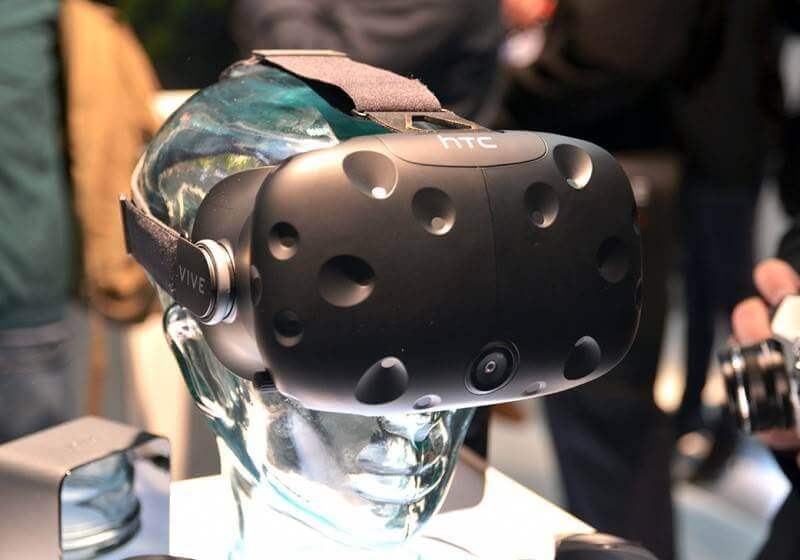HTC has confirmed it will spin off its virtual reality business into a separate wholly owned subsidiary. In a short statement sent to The Verge, the company said the new subsidiary will serve "as a vehicle for developing strategic alliances to help build the global VR ecosystem."
The move isn't expected to change much for customers but creating some space between the company's business units makes sense. Not only HTC's reputation isn't as good as that of the Vive headset right now, but by separating its Vive related assets from those of its struggling smartphone business means its promising virtual reality unit and any potential partners are less exposed to risk should HTC's smartphone business continue its downward trend.
The news comes at the same time HTC and a consortium of nearly 30 venture capital firms launched a $10 billion initiative to invest in VR and augmented reality projects. The Virtual Reality Venture Capital Alliance counts many well-known venture capital firms among its members, including Sequoia Capital, Matrix Partners, and Dave McClure's 500 Startups.
While the $10 billion number seems staggering, TechCrunch clarifies that it refers to the amount of "deployable capital" that the combined weight of the firms has at its disposal, not necessarily the amount they are strictly dedicating to VR investments.
The consortium will meet every couple of months and will maintain two working offices, one in San Francisco and another in Beijing.
